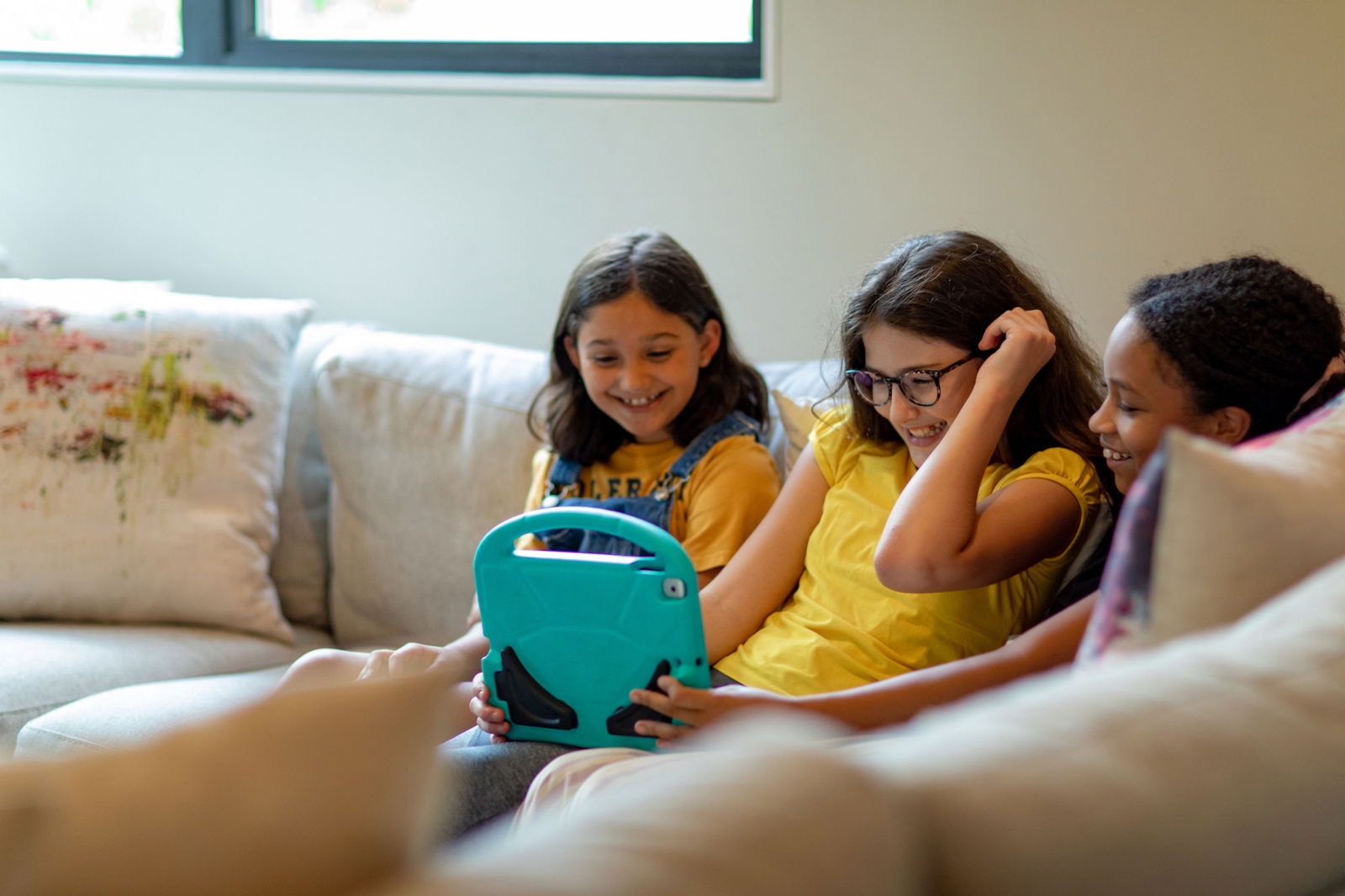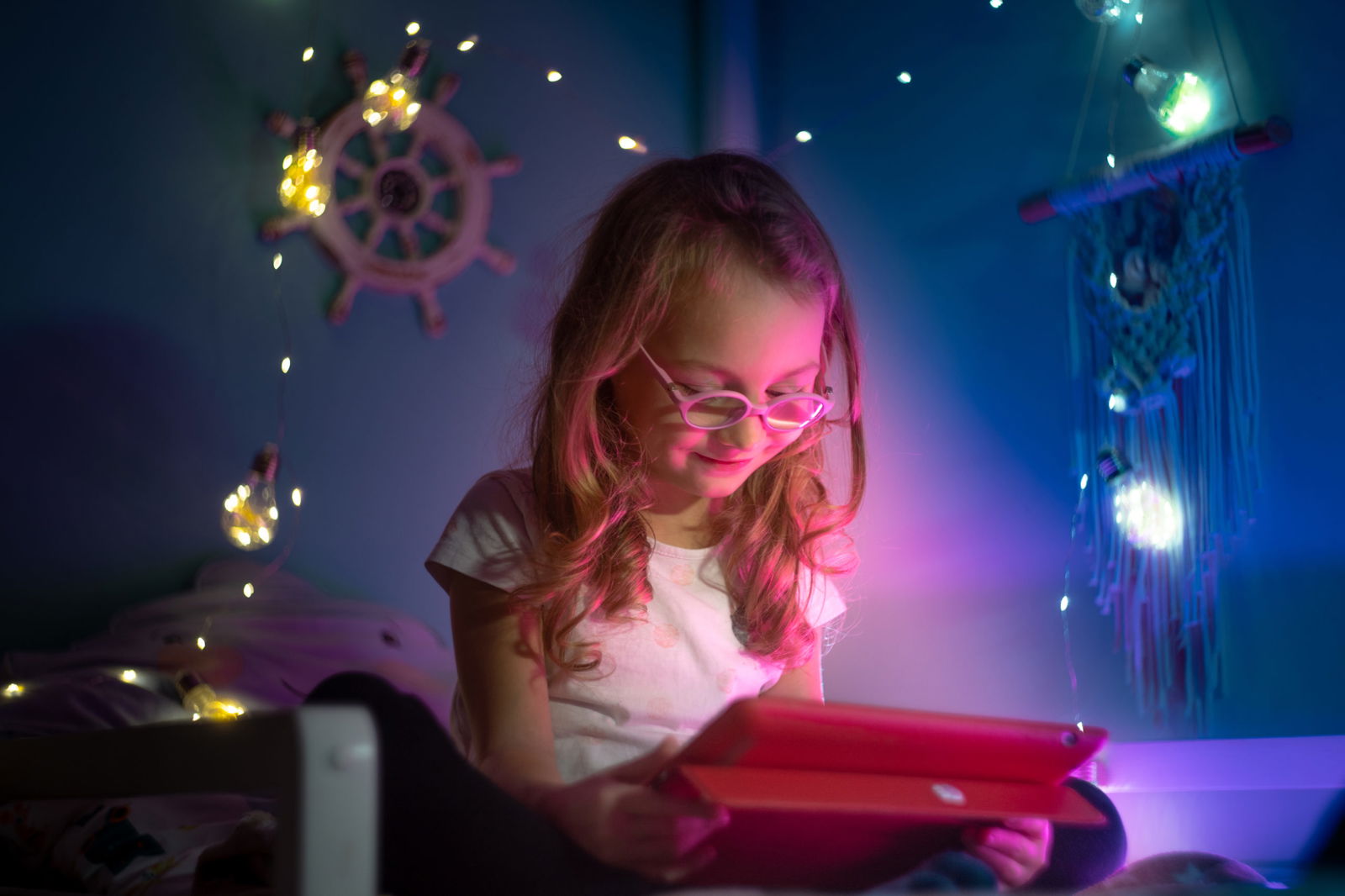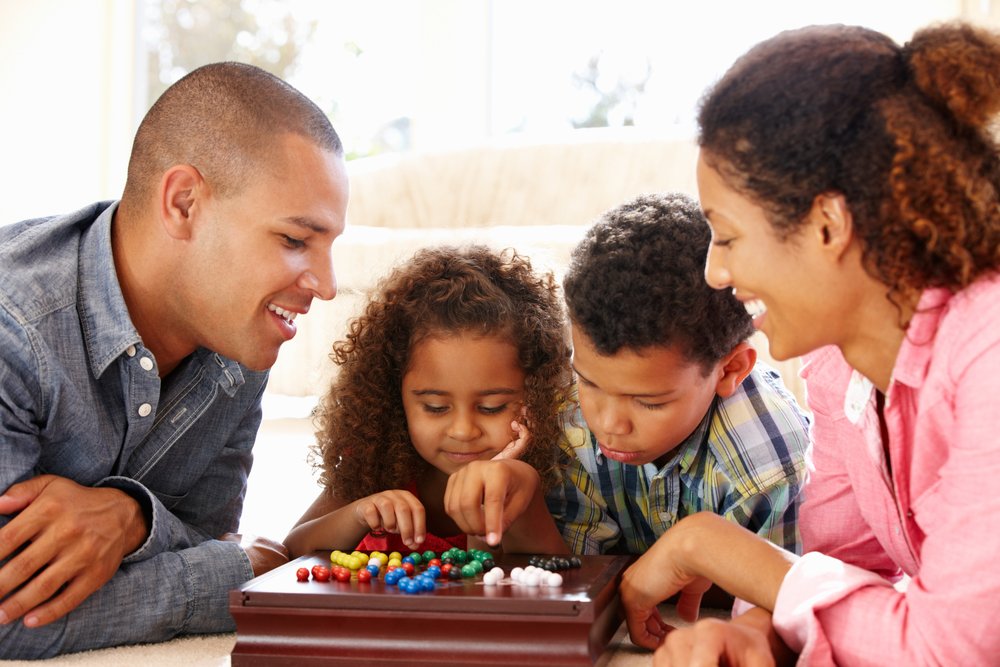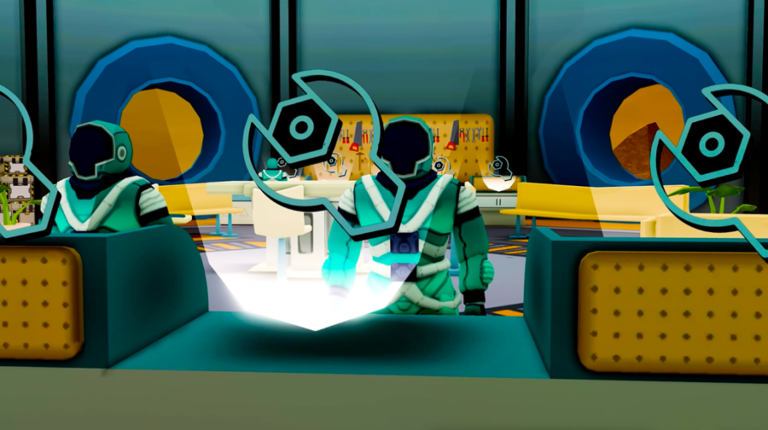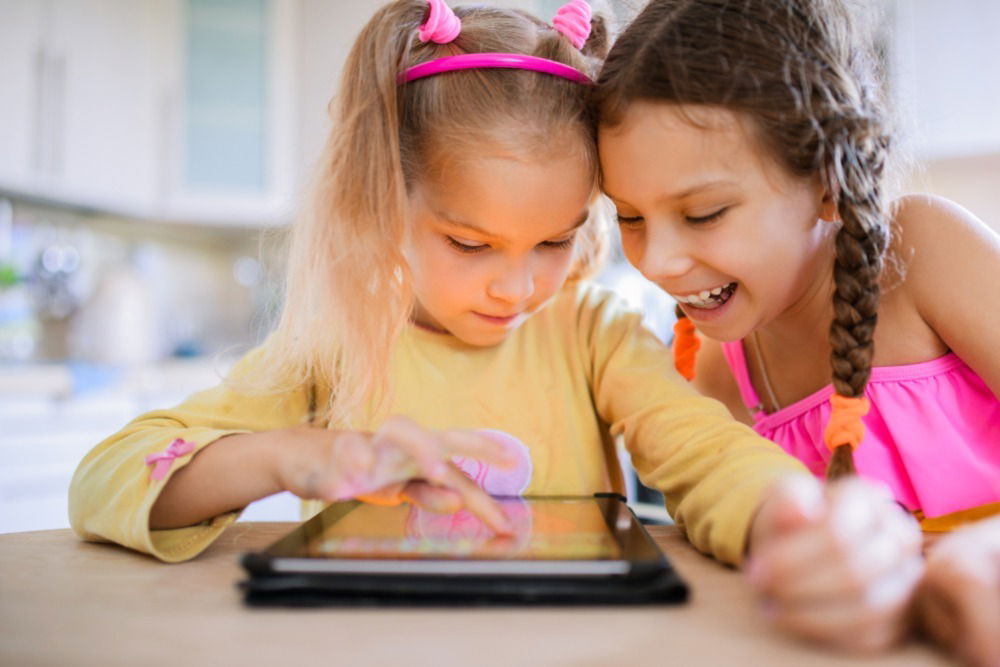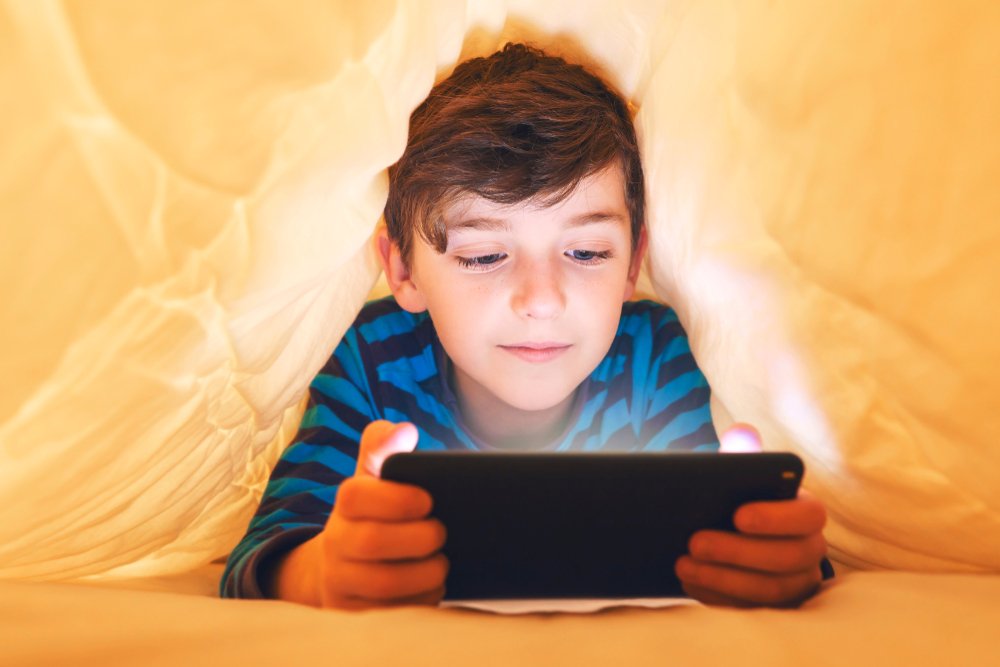The 8 Best Learning Apps Your Kids Actually Want to Play
Everywhere we look, there’s technology — but screen time doesn’t have to be a bad thing. As technology continues to be a massive part of our lives, it’s essential to regulate it and use it wisely. And this is an especially important thing to teach our kids.
Children can actually learn a lot through their devices. And playing online is a fun way for them to spend their time. Bonus — screen time has even been shown to support children’s learning, development, and play.1
But not all online experiences are created equal.
So which are the best learning apps for kids? Which ones will help your child develop new skills and boost their existing ones — while also keeping the fun? Let’s jump into eight of the best apps for learning.
The 8 Best Learning Apps for Kids
You want what’s best for your child, and you’ve been hearing about the benefits of playing online. But you’re just not sure which apps are best for your child.
Here’s your quick guide to learning apps your child will love to play.
1. Kinjo
Grades: 1st to 7th
Kinjo rewards kids for making good choices – choosing more challenge and more learning – in the online experiences your child already loves.
Kids everywhere have turned to Roblox for their online gaming entertainment. And it’s left many parents wondering “what’s so cool about Roblox?”
Roblox allows your child to connect with their friends as they play. And inside Roblox, there are over 40 million games to choose from. We’re talking action-adventure, exploration, sports, and simulator games (and a ton more) with themes that cover hundreds of interests. Everyone can find something they love to play on Roblox.
Kids have been spending hours a day on Roblox. But all this tech time leaves parents worrying if their kids are just wasting their time. The great news is that your child is building numerous skills, including math and even engineering and coding, as they play. And with Kinjo’s help, they’ll find the best games for learning.
With Kinjo, Roblox becomes a learning environment where your child can work on:
- Relationship building skills
- Financial literacy
- Complex problem solving
- Creativity and design
By logging into Roblox with Kinjo, your child can play the games they love while exercising those learning muscles! Try Kinjo to bring the best Roblox learning experiences to your child’s online time.
2. Prodigy
Grades: 1st to 8th
Prodigy is a game-based learning app bringing curriculum-aligned math, writing, and reading skills to your child’s devices.
Prodigy has created educational games designed to boost your child’s enthusiasm for learning. These engaging games are fun and encouraging — keeping your kids moving forward in their studies.
Your child can personalize their journey on Prodigy so it fits around their strengths and needs. This allows your child to gain confidence while empowering them to progress into more challenging work. Prodigy is a popular choice at many schools. And if your child enjoys it, you can continue the learning at home with a parent account.
Prodigy’s games cover mathematic standards for grades 1-8 and reading standards for grades 1-5.
3. Homer
Grades: PreK to 2nd
Homer is an early literacy platform designed to keep your child excited about learning.
Homer helps parents create personalized learning journeys based on their child’s age, level of knowledge, and interests. These journeys are designed to boost your child’s confidence and grow with them as they continue gaining knowledge. Homer teaches many subjects, including:
- Reading — Learning letters, sounds, and sight words
- Math — Number recognition, counting, shapes, and more
- Social and emotional learning — Identifying emotions
- Creativity — Boosting imagination and expression
- Thinking skills — Learning problem-solving, critical thinking, and more
Homer is a great early learning option, guiding your child to grow a love for learning in their early years.
4. Khan Academy Kids
Grades: PreK to 2nd
Khan Academy Kids is an educational program with hundreds of lessons to boost early learning skills.
Khan Academy Kids is Khan Academy for your younger learners. It keeps your child happy and learning with interactive, creative lessons featuring whimsical characters. By recreating preschool and elementary classrooms virtually, your child learns through play and fun.
Khan Academy Kids also offers adaptive learning paths, allowing your child to progress at their own pace. It also offers plenty of independent learning activities, books, and more to keep them engaged and on track.
5. YouTube
Grades: All ages
YouTube is a free video-sharing website that makes it easy to learn just about anything from just about anywhere.
By now, we’re all pretty familiar with YouTube. And while it has your child’s favorite shows, a wealth of learning materials, and catchy songs, it also has many channels your child shouldn’t stumble over.
But when used safely and moderately, your child can gain an abundance of knowledge from the comfort of their living room. Here are just a few ways your child can learn with YouTube:
- Watch a physics lesson demo
- Study dinosaurs with fun songs or animated lessons
- Find a tutorial for help with their math homework
- Learn how to crochet, knit, or sew
- Study the latest advancements in astronomy
- Find a song to clean along to
Looking for a new channel to try? We love Mark Rober and his fun engineering projects. And National Geographic Kids and SciShow Kids are classic choices as well. But these are just the tip of the iceberg.
There are so many ways YouTube can help your child excel in their academics and interests. Don’t be scared to explore that search bar and discover something new. Our best tip — to use this resource safely and responsibly, only allow YouTube on the living room TV (and not on their individual devices).
6. Minecraft
Grades: 2nd grade and up
Minecraft is a sandbox-style video game where players can explore a 3D blocky world.
Minecraft teaches children the fundamentals of teamwork, programming, problem-solving (and more) as they build structures and explore a 3D world. Minecraft fosters “out of the box” thinking for players as they create brand-new environments.
In Minecraft, there’s no real storyline — only the one your child creates for themselves and their friends. This can lead to loads of creative play, similar to what you’d see with open-ended toys. Inside Minecraft, kids create their own games and rules — and with it, a lot of learning.
7. Duolingo
Grades: 1st and up
Duolingo is a language learning app where children (and adults!) can learn a new language in a fun, gamified environment.
If your child is old enough to read, they can learn a new language with Duolingo. Duolingo offers a reward system, motivating them to continue learning. The app also offers assessments and personalized goals to help them track their progress and earn more rewards.
Duolingo is a great app for bringing more learning to the whole family. Be sure to check out their family plan and get everyone learning a new language together.
8. Puzzle Games
Grades: PreK and up
Puzzle games challenge your child while improving their memory, motor skills, and strategic thinking.
Fun puzzle games can help your child learn how to solve complex problems. Inside these games, your child can practice their visual-spatial reasoning, attention to detail, and hand-eye coordination. All while developing important critical thinking skills.
Here are some of our favorite puzzle games your child may enjoy playing:
- Angry Birds
- Cut the Rope
- Two Dots
- Candy Crush
- Sudoku
- Tetris
- Escape Room
And if your kiddo loves Roblox (we know ours do), we recommend these puzzle games to add some extra learning to their screen time:
- RoBeats
- Hotel Stories
- What’s the Word?
- Outlaster
- Word Bomb
There are all kinds of puzzle games your child can enjoy — both online and off of their screens. Don’t forget about traditional puzzles, which are still popular with children and fun to do (especially as a family).
The Right Apps Keep Learning Fun and Productive
Gamified learning apps are great engagement tools. Children often forget they’re learning as they’re playing. They also allow your child’s brain to relax a bit as they enjoy the fun challenges, taking much of the stress off of learning.
If your child is obsessed with Roblox, it can come with a lot of screen time stress. But with the learning app Kinjo – Play Smart and Earn, your child can enjoy all the fun benefits of Roblox while learning what they need for their future.
Kinjo adds a learning layer to the games your child loves — creating a world of learnified gaming. And that’s a win for everyone.
Visit the app store today to download our Kinjo – Play Smart and Earn and discover more learning in Roblox.
Resources:
- Using screen time and digital technology for learning: children and pre-teens – Raisingchildren.net.au

